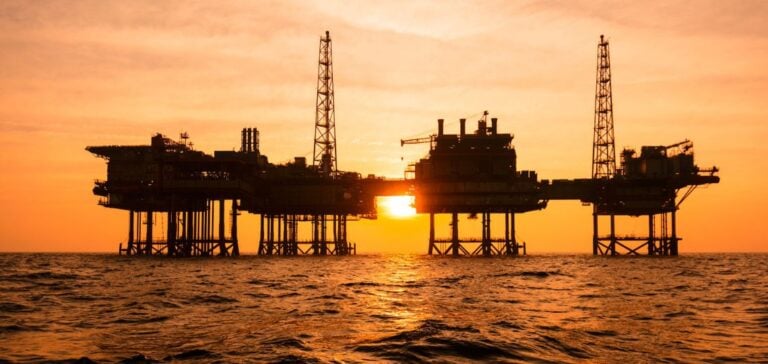Oman’s Minister of Energy and Minerals, Salim al-Aufi, announced at the Oman Petroleum & Energy Show that annual auctions are planned, with a focus on offshore oil and gas blocks likely to be offered by the end of the year. In March, Oman produced 760,000 barrels of crude oil per day, down slightly from 770,000 barrels in February, according to a Platts survey conducted by S&P Global Commodity Insights.
Oman’s energy and economic context
Oman, a key player in the OPEC+ alliance, continues to rely heavily on the oil and gas industry, which accounts for around 70-72% of its gross domestic product. According to a November 2023 report by S&P Global Ratings, the country’s crude oil production is projected to increase from 1,040 million barrels per day in 2022 to 1,135 million barrels per day in 2025.
Impact of climatic conditions
Despite the challenges posed by a massive storm that hit Dubai and Oman last week, Minister Al-Aufi confirmed that oil production had not suffered any major setbacks. However, complete or partial power cuts were reported in five governorates, as noted by the National Committee for Emergency Management.
With the aim of further boosting production, Oman opened an exploration license cycle in March 2023 for three gas blocks. The country currently has around 50 concession blocks operated by more than 20 operators in some 300 oil and gas fields, the ministry said in a statement.






















